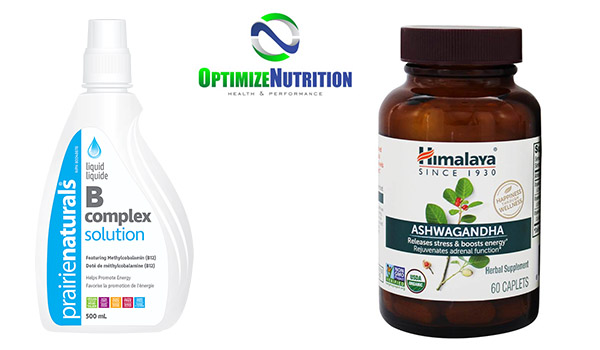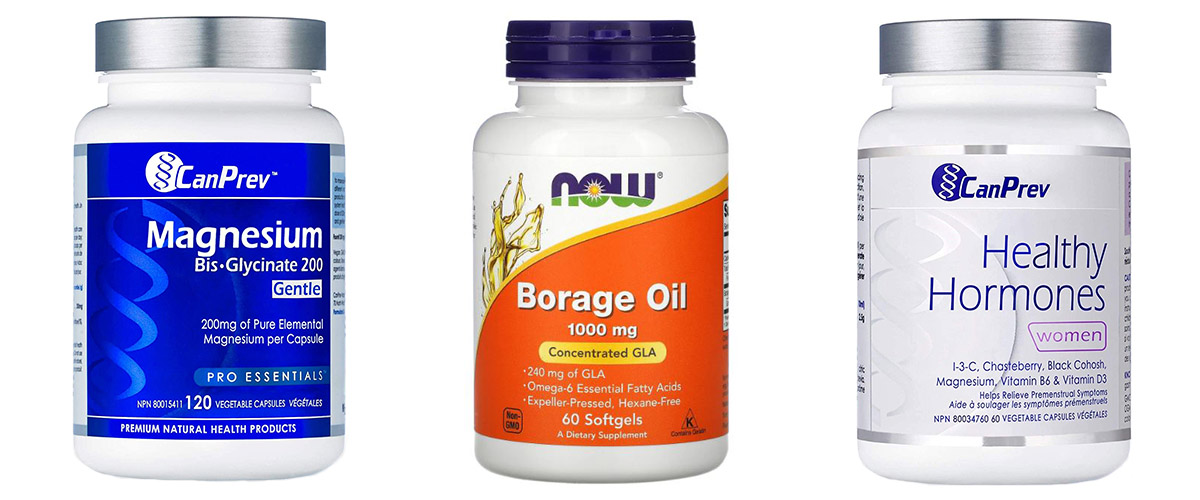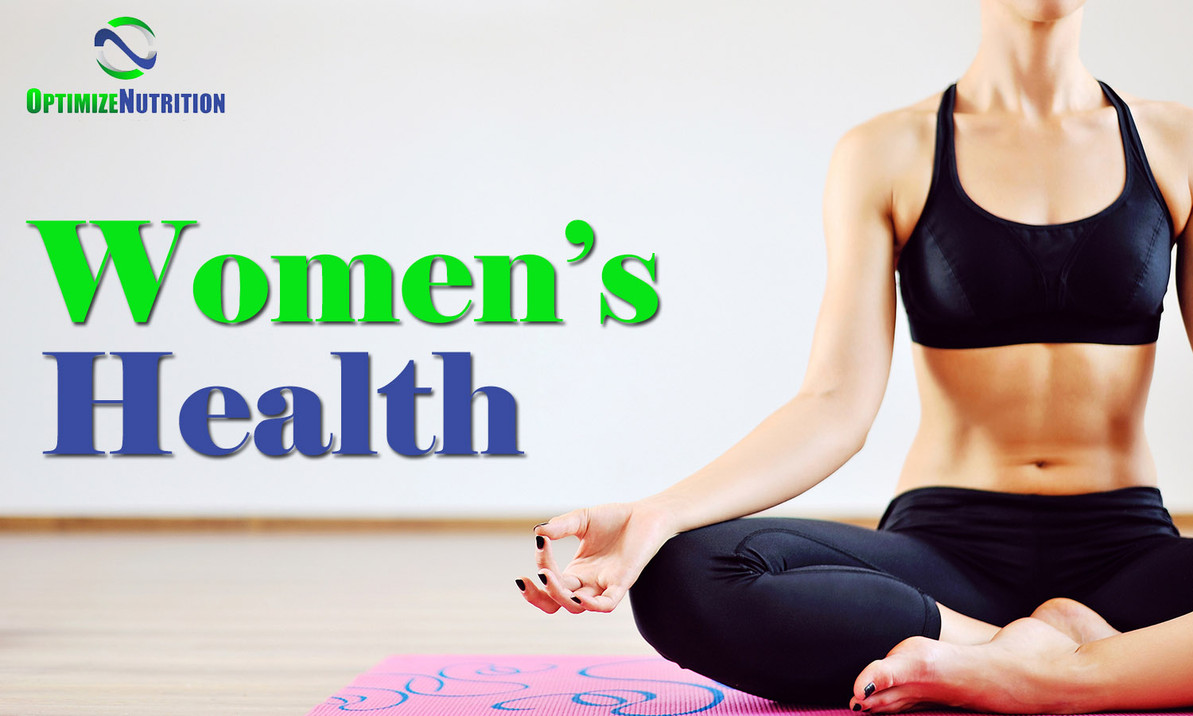Women’s Health
How Exercise Impacts Your Hormones
Hormones are one of your body's main signalling systems and can significantly effect how you feel and function. They are what make up your endocrine system and direct biochemical messages that regulate everything from your metabolism to your mood, sleep, fertility and energy levels. Balanced hormones are critical to the function of virtually every system in the body, and there are many factors that can interfere with your hormonal balance. Exercise is something that can cause profound hormonal changes, especially in women. Most are extremely beneficial, however there can also be negative effects to be aware of depending on the intensity, duration, frequency and type of exercise you are doing.
Benefits of Exercise for your Hormones
Exercise has a powerful effect on balancing, suppressing, and increasing certain hormones. Excess estrogen, insulin, and cortisol are the hormones typically responsible for weight gain, while Human growth hormone (HGH), testosterone, and progesterone are the ones responsible for keeping us lean.
The best way to stimulate HGH is through sleep and exercise. Human growth hormone is in charge of growth itself as well as the turnover of muscle, bone and collagen. It plays a role in metabolic functioning, including increasing fat metabolism and maintaining a healthier body composition. Testosterone production is also increased as a result of exercise, especially resistance training and high intensity interval training. Although Testosterone is usually associated with men, it is vitally important for women too, as it is essential for bone strength and density and well as maintaining and increasing muscle mass.
Many women have too much estrogen in their system as they are unable to metabolize the excessive amounts that can result from too much body fat, environmental estrogens, stress, or a poor diet. Exercise also greatly impacts estrogen by lowering your levels and preventing it from becoming dominant, therefore causing symptoms such as fatigue, irritability, hot flashes, irregular periods, cravings. Optimal levels of estrogen are also associated with a lower risk of developing breast cancer. Managing your estrogen levels will also help reduce PMS symptoms.
Exercise is often recommended as a way to manage stress as it can help to reduce cortisol production and increase your brain's ability to take up serotonin from your blood and increase dopamine production. Working out can also improve insulin sensitivity, preventing diabetes, liver disease, and metabolic syndrome. Another hormone that has only recently been discovered and is produced during exercise is irisin. Increased irisin helps turn white fat into brown fat, which is good for the body and helps to regulate body temperature.

Negative Effects of Exercise on Hormones
Unfortunately, many women do not get enough exercise and therefore increasing physical activity is imperative to achieving optimal health. However, more is not always better. Despite all of the benefits, too much exercise can wreak havoc on your endocrine system. Over-training can cause fatigue, ongoing muscle and joint pain unrelated to a specific injury, difficulty sleeping or not feeling rested when you wake up. Although exercise can help manage cortisol levels, doing too much and not allowing your body to rest and repair can have the opposite effect, elevating cortisol and keeping it at high levels. High cortisol will prevent your body from secreting other important hormones like progesterone for example. Low progesterone can result in increased anxiety and depression symptoms, headaches, low libido, and abnormal or absent menstrual cycles.
Problems typically arise due to long durations of intense exercise without adequate recovery time and nutrient intake. Even when weight loss is the goal, it is important to ensure you are meeting your caloric needs. Everyone’s threshold for how much is too much is different, but as a general rule, if exercise recharges your energy levels, then that is an indication that it is doing you good. If you’re feeling depleted afterwards, it may be taxing your adrenals and using up vital energy reserves, therefore throwing your hormones out of balance. An optimal amount of exercise will boost levels of beneficial hormones and suppress the negative ones.
Signs your Hormones are out of Balance
- Weight gain/loss
- Extreme fatigue
- Mood swings
- Menstrual irregularities
- Sleep disturbances
- Appetite loss/increased appetite
- Digestive issues
- Low libido
- Muscle pain/stiffness
- High or low body temperature
- Decreased or increased heart rate

Lifestyle Tips to Improve hormonal balance
- Be sure to include enough rest days in your routine. This can be different for everyone so listen to your body!
- Ensure you are getting enough sleep (at least 6-9 hours) and allowing enough time in between training sessions. For example, if you work out late at night do not exercise early the next day.
- Incorporate low intensity exercise such as steady state cardio or yoga
- Avoid over-doing high intensity workouts such as HIIT; 1-3 times per week should be sufficient
- Manage stress
- Avoid stimulants if you are experiencing anxiety symptoms and/or trouble sleeping
- Be sure that you are eating enough to support your activity level. Avoid highly processed foods and added sugar.
Supplements
- B vitamins https://www.optimizenutrition.ca/vitamins-health-supplements/prairie-naturals-b-complex-solution-500ml/
- Magnesium https://www.optimizenutrition.ca/sports-nutrition/canprev-magnesium-bis-glycinate-200g-120cap-gentle/
- Ashwagandha https://www.optimizenutrition.ca/diet-weight-loss/himalaya-ashwagandha-60cap/
- Borage oil https://www.optimizenutrition.ca/vitamins-health/now-borage-oil-60gel/
- Healthy Hormones https://www.optimizenutrition.ca/vitamins-health/canprev-heathly-hormones-60vcap/
Written by Hayley Dickenson, Registered Holistic Nutritionist (RHN)
Recent Posts
-
Exploring Coffee Alternatives: Discovering Delicious Substitutes for Your Morning Brew
For many of us, coffee is more than just a beverage; it's a ritual, a pick-me-up, and an essential p …Apr 13, 2024 -
What is Candida Albicans?
Candida albicans is a yeast that lives all over our body, naturally, and usually does not cause a re …Mar 29, 2024 -
Importance of Sodium for Athletic Performance
In the realm of athletic performance, discussions often revolve around macronutrients, hydrati …Mar 21, 2024




